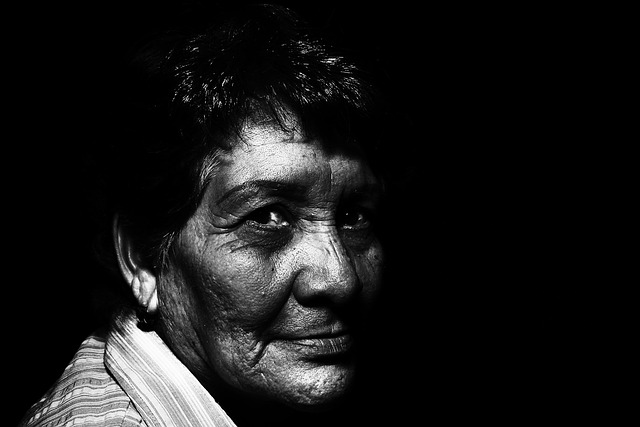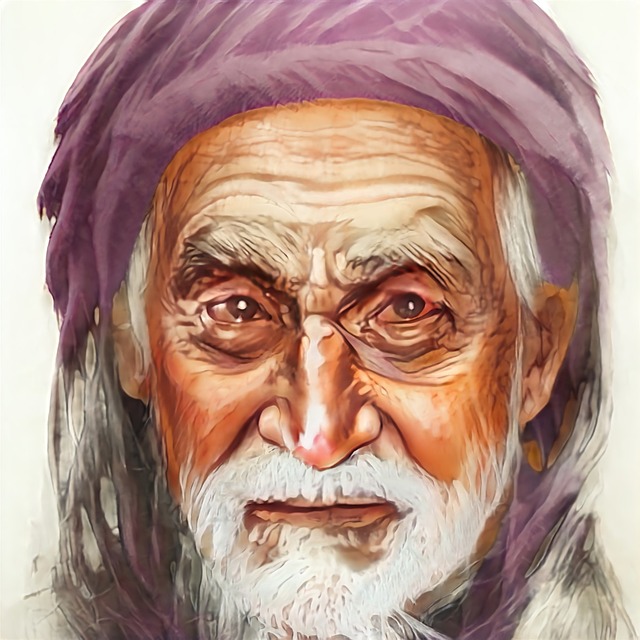Companionship & Meal Prep: Elevating Elderly Nutrition & Well-being

Elderly Companion Services combat loneliness and isolation by providing meal preparation assistance…….
News that Unites. Voices that Matter.
In the rapidly aging global population, elderly companion services have emerged as a vital support system, ensuring the well-being and independence of senior citizens. This comprehensive article aims to explore the multifaceted world of elderly companion services, delving into its definition, historical evolution, global reach, economic impact, technological integrations, regulatory framework, challenges, and future prospects. By examining these aspects, we will gain valuable insights into how these services contribute to improving the lives of the elderly and the broader societal implications.
Definition:
Elderly companion services refer to a range of personalized care and support options designed to assist older adults in their daily lives, promote independence, and enhance overall well-being. These services can include companionship, assistance with personal care, meal preparation, household tasks, transportation, and social engagement activities. The primary goal is to enable seniors to remain in their homes or preferred environments for as long as possible while ensuring their safety, comfort, and dignity.
Core Components:
Historical Context:
The concept of elderly companion services has evolved over the past few decades, driven by societal changes and an increasing awareness of the unique needs of older adults. Initially, these services were largely informal, with family members or neighbors providing support. However, as the elderly population grew and families became more dispersed, there was a growing demand for professional and specialized care.
In the 1980s, the idea gained prominence, with various organizations and government bodies starting to recognize the importance of home-based care for the elderly. This period saw the establishment of many companion service agencies, offering structured and regulated services to ensure quality and safety. Over time, these services have become more diverse, incorporating technology and innovative solutions to cater to the changing needs of an aging population.
International Influence:
Elderly companion services are a global phenomenon, with variations and adaptations across different countries. The universal need for support as populations age has led to the development of diverse models, each shaped by cultural, social, and economic factors. For example:
Key Global Trends:
Market Dynamics:
The elderly companion services market has experienced significant growth over the past decade, driven by demographic changes and increased awareness of eldercare options. According to a report by Grand View Research, the global home healthcare market (which includes companion services) is expected to reach $631.4 billion by 2027, growing at a CAGR of 13.9% from 2020 to 2027.
Investment Patterns:
Private equity and venture capital firms have shown interest in the sector, investing in innovative care models and technology startups. This influx of capital has contributed to the development of more sophisticated services and the adoption of new technologies.
Economic Impact:
Mobile Applications:
Wearable Devices:
Remote Monitoring Systems:
Virtual Reality (VR) and Telehealth:
Legal Considerations:
The regulation of elderly companion services varies significantly across countries. Some nations have comprehensive legal frameworks in place, while others rely on industry standards and voluntary guidelines. Key areas of regulation include:
Quality Assurance:
Workforce Shortages:
One of the primary challenges is the growing demand for services outpacing the availability of trained caregivers. This shortage is attributed to low pay, demanding work conditions, and a lack of awareness about career opportunities in eldercare.
Retaining Caregivers:
High turnover rates among caregivers pose a significant challenge, as it disrupts care continuity and increases costs for service providers.
Cultural and Language Barriers:
In multicultural societies, providing culturally sensitive care can be difficult, especially when language differences exist between caregivers and clients.
Technology Adoption:
While technology offers numerous benefits, the digital divide poses a challenge, as not all elderly individuals or their families are comfortable with or have access to these tools.
Funding and Accessibility:
The cost of companion services can be a barrier for low-income families, limiting access to these essential care options.
Emerging Technologies:
Personalized and Centered Care:
The future of elderly companion services is likely to focus on highly personalized care models that consider each client’s unique needs, preferences, and cultural backgrounds.
Community-Based Models:
Integrating companion services into community settings and promoting aging in place will continue to be a priority, enhancing social engagement and quality of life for older adults.
Collaboration between Sectors:
Cross-sector partnerships between healthcare providers, technology companies, and social service organizations can drive innovation and improve the overall care experience.
Global Collaboration:
Sharing best practices and research findings internationally will foster the development of high-quality companion services, ensuring that older adults worldwide receive the support they need to live fulfilling lives.
In conclusion, elderly companion services play a vital role in supporting the growing elderly population, enhancing their independence, and improving overall well-being. As technology advances and societal attitudes evolve, these services will continue to adapt and grow, shaping a future where older adults can age with dignity and purpose in familiar surroundings.

Elderly Companion Services combat loneliness and isolation by providing meal preparation assistance…….

Elderly Companion Services provide non-medical assistance to seniors in their homes, fostering indep…….

Elderly Companion Services provide vital support for seniors staying in their homes, offering person…….

Elderly Companion Services are crucial for supporting family caregivers of elderly loved ones who pr…….

Meals and companionship are vital for elderly well-being, combating loneliness and isolation. Elderl…….

Elderly Companion Services are vital for managing caregiving stress, offering professional support t…….

Elderly Companion Services are essential for managing complex senior medication routines, enhancing…….

Elderly Companion Services offer vital support to caregivers, providing professional assistance with…….

Elderly Companion Services provide tailored support for seniors, offering assistance with daily task…….

Elderly Companion Services offer personalized support for seniors aiming to maintain independence at…….